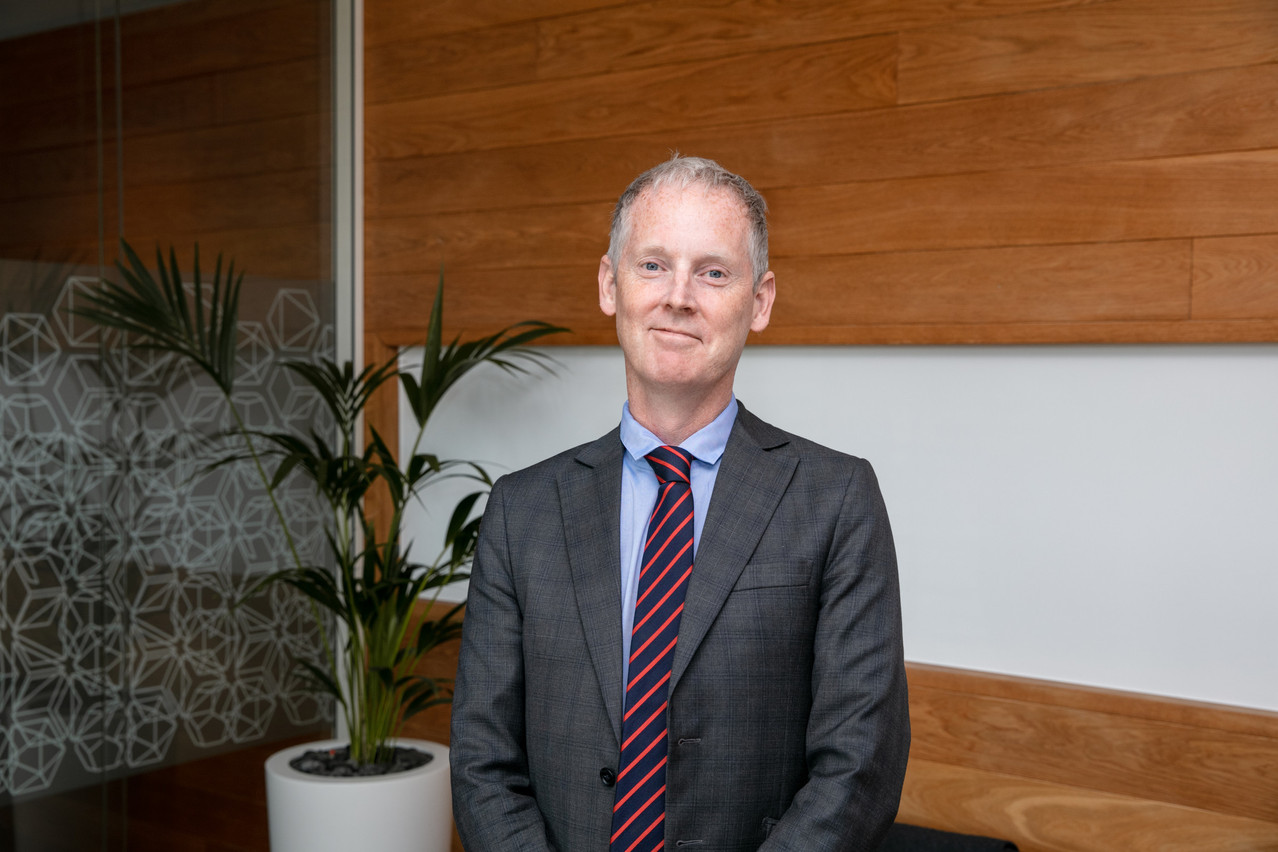“Climate change is the most pressing environmental issue facing our planet today, and it is in everyone's interest to help deliver on the ambitions of the Paris climate agreement. PwC is convinced that the private sector has a key role to play in reducing the effects of climate change and this also means that we are committed to playing our part,” says , managing director of PwC in the Grand Duchy.
For Parkshouse, it is a question of going further in terms of sustainable development. “Until now, our contribution to sustainable development has been focused on our material impact. We mistakenly thought that, as a service company, our impact on emissions was limited.” Now, after what he admits was a ‘false start’, the firm has revised its strategy along two lines: “The resources we consume and the influence we can have on our clients and the wider ecosystem.”
Decarbonising the business model
“The aim is to transform our business model to decarbonise our operations and value chain, and to engage with our clients and suppliers to help them reduce their impact on climate,” says Andrew McDowell, partner in charge of rolling out the “net zero” strategy, which was announced in March. It will affect both the firm’s internal activities and its external services.
Internally, this strategy translates into three separate commitments, based on a reduction in gross emissions in line with a 1.5 degree climate scenario. “Scope 1 and 2 emissions will have to be reduced by 50% in 2030 compared to 2019 levels. Scope 3 emissions, mainly related to business air travel, will also be halved over the same period.” In the longer term, i.e. 2050, PwC aims for a total reduction in these emissions.
In greenhouse gas emissions terminology, Scope 1 emissions are those directly controlled by a firm. Scope 2 emissions represent emissions from the production of energy consumed by the entity and scope 3 emissions are indirect emissions caused by the activity.
“The reason for limiting Scope 3 targets to business travel is that it is difficult to accurately measure other sources of Scope 3 emissions associated with our business, such as staff travel and the purchase of IT, catering and other services from our suppliers,” says McDowell, former vice president of the European Investment Bank (EIB).
For him, the fact that most of the firm’s employees are commuters presents an additional challenge. This challenge will be met in part by setting up offices at the borders. This was recently the case in Mondorf.
Recognising that Scope 3 emissions potentially represent a significant portion of its climate footprint, PwC Luxembourg is exploring new approaches to accurately measure them.
Figures in the annual report
A new feature of the annual report this year is the precise measurement of the firm’s emissions over the last three fiscal years. This exercise will be repeated each year to measure progress and provide a perspective that the covid-19 crisis has made irrelevant for the time being.
Starting from 2023, PwC Luxembourg will offset all remaining emissions by participating in the LEAF Coalition programme (Lowering Emissions by Accelerating Forest Finance). “This participation is in no way a good conscience or greenwashing operation through which we would buy a right to pollute,” says Parkhouse. The LEAF coalition is a public-private partnership whose ambition is to protect tropical forests and which aims to mobilise one billion dollars in funding.
The “net zero” strategy also extends to the company’s entire value chain.
“We are working with our suppliers, encouraging them to establish net zero plans. This is part of PwC’s global commitment to ensure that 50% of our suppliers of goods and services purchased in terms of emissions have set science-based targets to reduce their own climate impact by 2025,” says McDowell.
Customers will also be involved. “We will also extend our services to customers to support their own efforts to make a carbon-neutral future a reality for all. Building on our existing sustainability and carbon neutrality advisory business, we will integrate climate and sustainability considerations across all our services, including insurance and tax.”
This story was first published in French on . It has been translated and edited for Delano.
